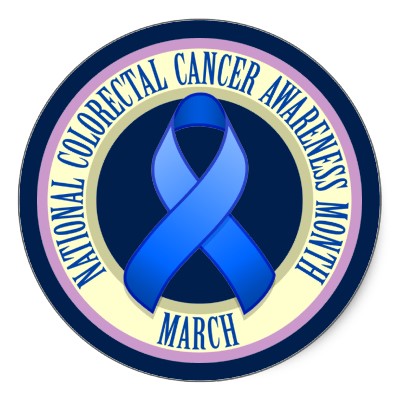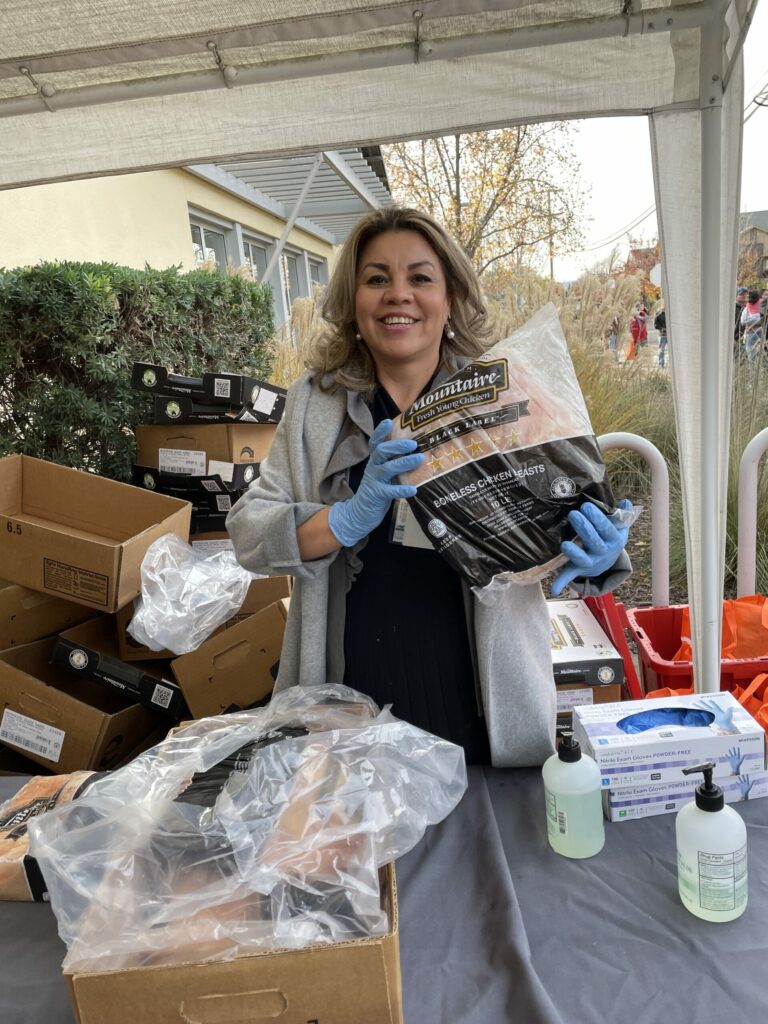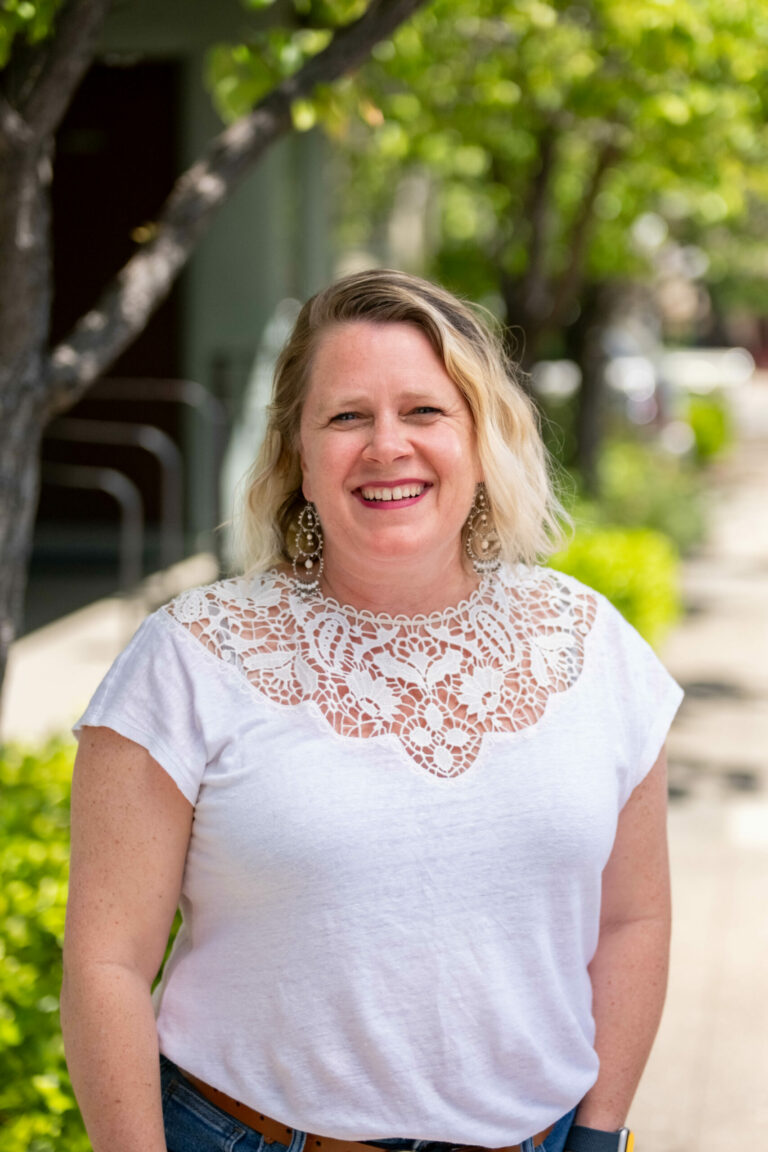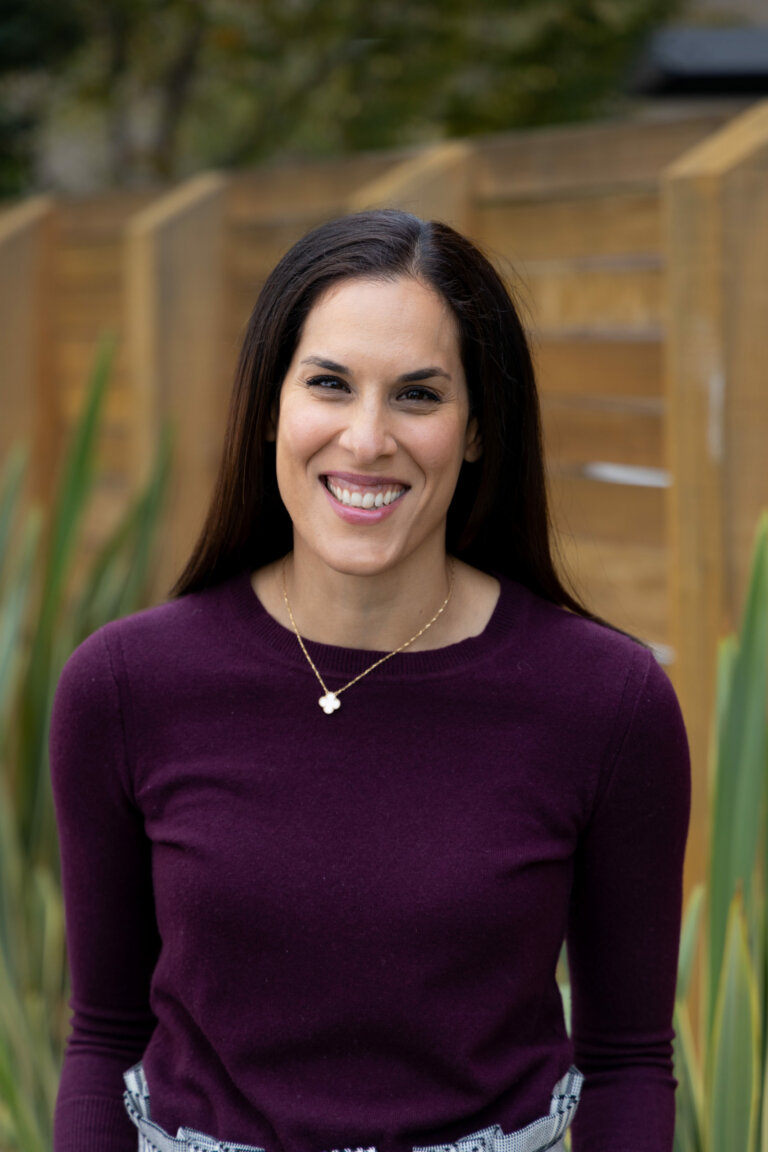Colorectal cancer, which includes cancers of the colon and rectum, is the 2nd leading cause of cancer-related deaths in the United States in both men and women. It is also the most treatable cancer when detected early. This is why OLE Health is making it a priority to increase our colorectal cancer screening efforts—so that we can help save more lives through early detection.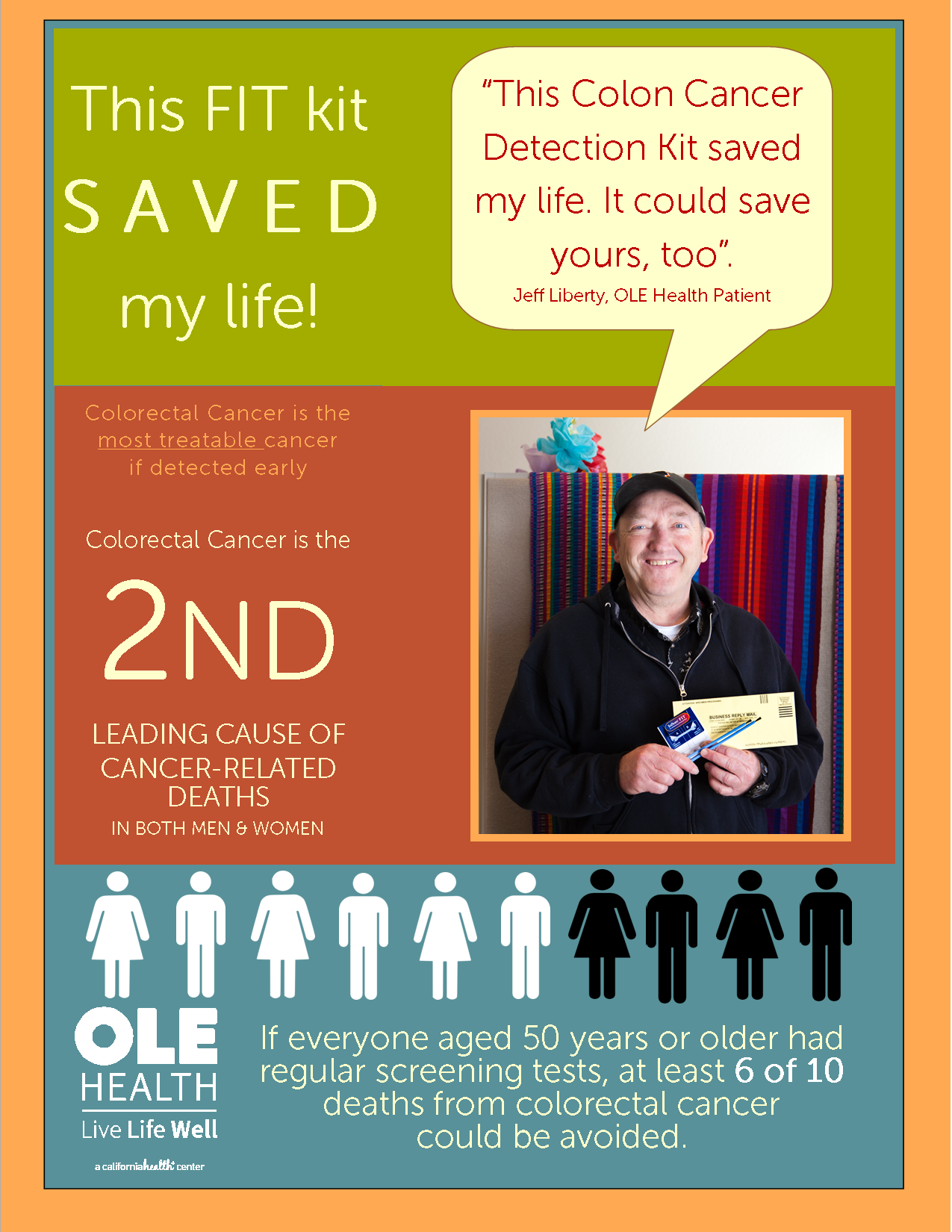
If you are between the ages of 50 to 75 years, you may be due for a routine colorectal cancer screening. Most patients can complete their annual colorectal cancer screening with an easy stool test—called a “FIT test”—done in the privacy of their home.
Please call OLE Health at 707-254-1770 to request that a FIT test be mailed to your home. If you have a family history of colorectal cancer or would like to discuss colonoscopy, please call OLE Health to make an appointment with your provider.
If you think that you are up to date with this screening, please call us at 707-254-1770 so that we can update your medical record.
We hope that you will give yourself the gift of health this year by completing this screening as soon as possible. Have a wonderful year, and we wish you many more years to come!
Quick Facts about Colorectal Cancer:
Colorectal cancer is:
- The 3rd most common cancer in the US
- The 2nd leading cause of cancer death in the US
- The 2nd most commonly diagnosed cancer in both Hispanic/Latino men and women
The risk of colorectal cancer:
- Begins to increase after the age of 40 years
- Rises sharply at the ages of 50 to 55 years
- Doubles with each succeeding decade
- Continues to rise exponentially
Yearly screening for colorectal cancer is important because:
- 1 out of every 3 adults over the age of 65 has colon polyps – these polyps can sometimes progress to colon cancer if not detected in the early stages.
- Symptoms of colorectal cancer often do not manifest until the disease has progressed past early stages.
- National screening rates for colorectal cancer lag behind other cancer screening rates—only about half of people age 50 or older, for whom screening is recommended, have been screened.
- If everyone 50 years or older had regular screening tests, at least 6 of 10 deaths from colorectal cancer could be avoided each year.
